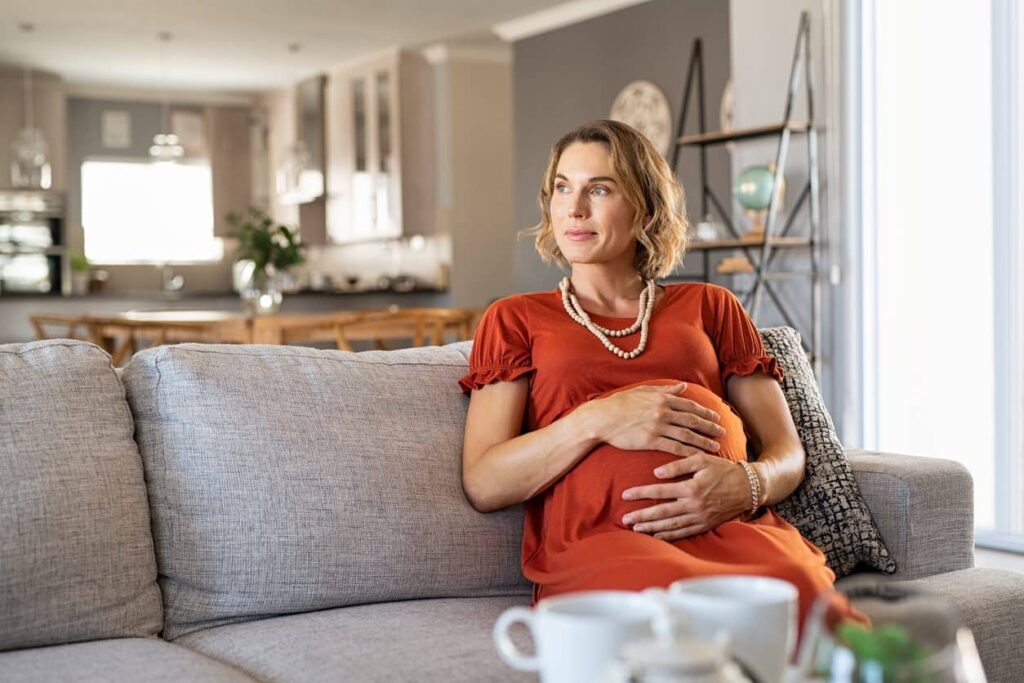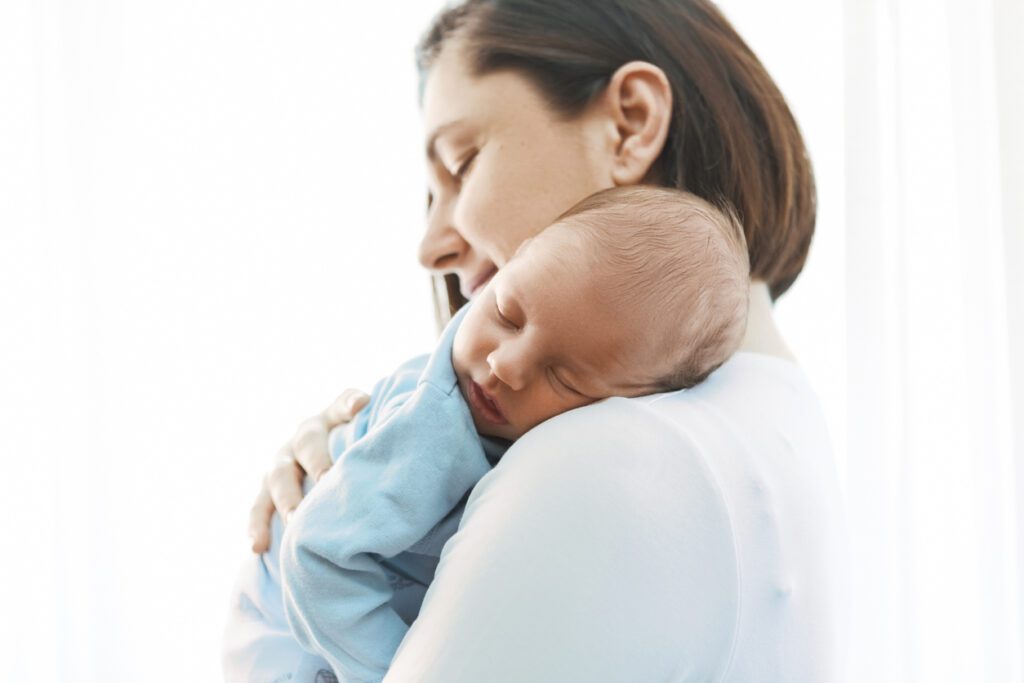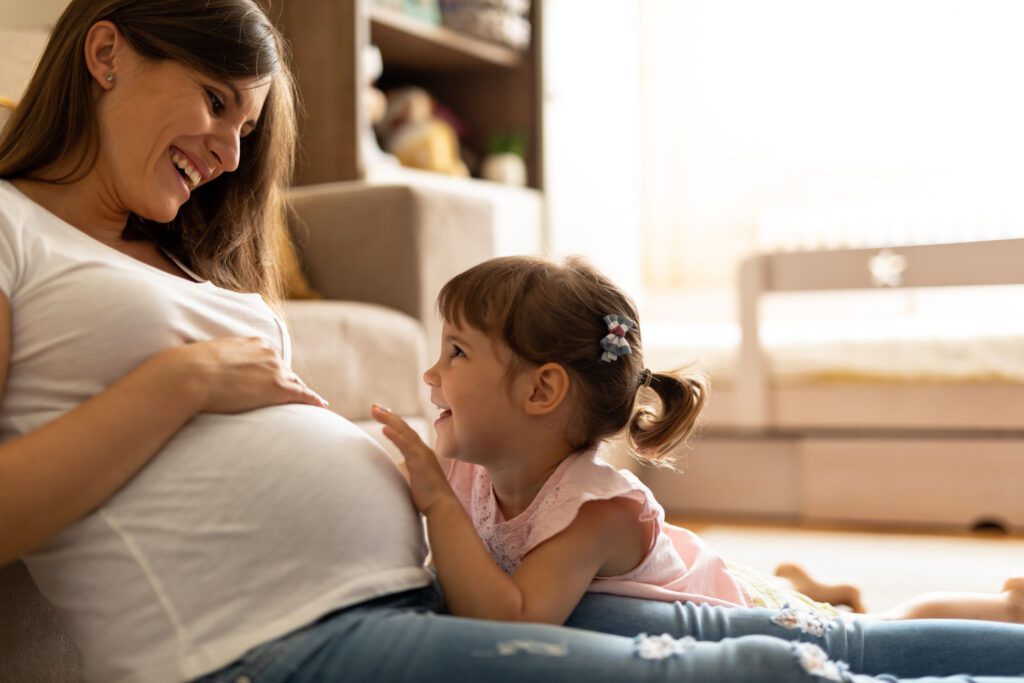Deciding to start a family is an exciting yet highly personal decision. Many people delay trying to get pregnant until later in life for a variety of reasons. This could be deciding to wait due to your career, life goals, relationship status, or simply because you weren’t ready.
If you’re over the age of 40 and want to get pregnant, you likely have questions about your chances of pregnancy. Fertility treatments, like in vitro fertilization (IVF), can help couples and individuals finally become parents. However, how do you know if you should use your own eggs or when to consider donor eggs?In this article, we will look at some of the challenges of getting pregnant after 40 as well as when to consider an egg donor.The Challenges of Getting Pregnant After 40
Just because you are over 40 does not mean you can’t build the family you desire. However, fertility does decline with age. So, if you’re struggling with infertility, you are not alone.
Statistics show that the odds of getting pregnant decrease significantly as time goes on. The chances of getting pregnant naturally each month for women over 40 are only about 5%. About 22% of all women struggle with infertility after the age of 35 and up to 29% by age 40. Once you are over 40, the likelihood of a successful pregnancy decreases every year. Because of this, it makes sense not to delay any attempts at conception and to pursue fertility evaluation and treatment early on.







